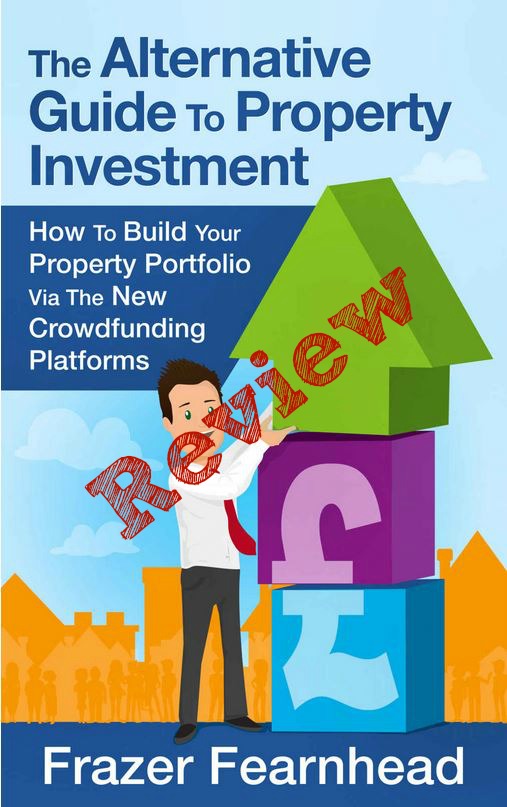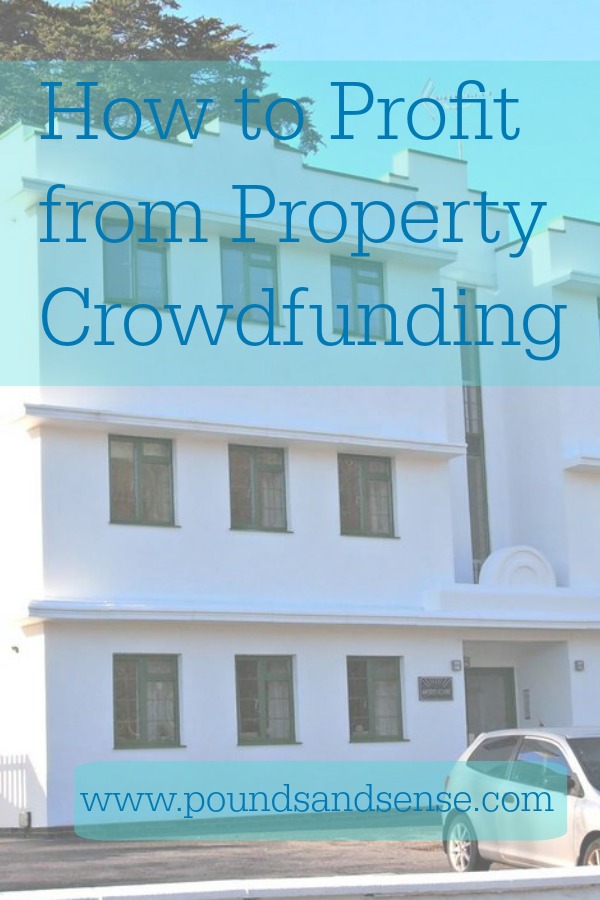Some Unusual Ways to Profit From Your Garden
Some older folk have a modest income but are lucky enough to have a decent-sized garden (and yes, that includes me).
If that applies to you too, there are a few ways you could profit from your garden, either directly or indirectly. One possibility would be to rent all or part of it as an allotment.
There is a big demand for allotments in many areas, a situation which has been exacerbated by councils selling off land to developers. Of course, that then creates demand from people who would otherwise have to wait years for a plot to come up.
You won’t make a fortune this way. On average, council allotments in Britain cost around £30 a year, so you won’t be able to charge much more than that. Nevertheless, if you can divide your garden into three or four plots, that would be £90 a year or more for no effort. What’s more, your garden will be tended on your behalf, and you’re quite likely to be offered produce your tenants can’t consume themselves.
If you’re not bothered about making money directly but would be willing to let someone grow crops on your land in exchange for a share of the produce (and maybe doing a few chores), the non-profit Lend and Tend organization may be able to help you. They put people with land in touch with others who might like to grow fruit and vegetables on it. They don’t allow landowners to charge fees, but plenty of other arrangements are possible. Here’s what they say on their site:
Got space to spare? Can’t garden? Find out who can!
Is your garden going to waste? 1000s of people are on waiting lists for an allotment and many people live in flats without a garden who are keen to garden. So, if your garden is looking unloved and you’ve no time or can’t garden, let someone else love it instead.
Share your garden so a Tender can grow some produce, you may end up with an abundance of edibles where weeds are currently thriving. Share your skills with a keen garden Tender and teach them how to get your garden blooming again. Share the burden of garden work with a Tender so they can benefit from enjoying a garden too. Lend and Tend, make gardening friends.
It sounds a great idea and you can register as a would-be garden lender (or tender) via the website. There is no charge for using the service, but as they have some operating costs, the organization does say that donations are appreciated. If money is tight, however, they are happy to accept help publicizing the service as well!
Another possibility if you live in an area attractive to tourists – or near festival sites, racecourses, and so on – is offering your garden as a campsite.
Campinmygarden.com claims to be the world’s first website advertising private gardens as “micro-campsites”. They operate world-wide. You can advertise your garden for free on the site, including pictures and a description. You can also set a fee of your choice. Around £10 a night is typical, though if you can offer additional services (e.g. bed and breakfast) you could charge more.
The website has various interactive features, including a link allowing would-be campers to ask landowners any questions they may have. There is also an eBay-style reviews and ratings system.
Here’s an example listing for ‘Vic’s Place’ in Camborne, Cornwall:
We live between Camborne and Helston in a peaceful rural location. Our camping area is rustic and basic, in a lovely secluded setting which has a magnetic, soothing quality! A standard camper van can access our place but the gates are not wide so best check the width if you plan to come in a van.
Well behaved dogs and children are welcome. There are several water sources on the property so families with younger children must take extreme care. We only accept parties of four or fewer, in the interests of peace.
Just up the road there is a natural spring from which you can get water (or we will supply tap water) and there is a shared composting toilet available. A delightful stream runs by the camping ground. There is a fire pit and you are welcome to collect kindling and small amounts of wood from around and about.
The nearest pub is a mile and a half away by road or a twenty-five minute walk across fields. There is a small shop selling basic supplies in the same location.
Hope to see you soon!
For more information visit Campinmygarden.com
More Ideas
A few other possibilities include…
- Sell produce from your garden (you may need a permit from your local council for this).
- Offer your garden as a venue for weddings and photo shoots (see also my earlier post about making money offering your home as a TV /movie location).
- Host an open garden event (the National Garden Scheme can help with this) or even open your garden to the public.
- Offer your garden as a venue for parties (to avoid hassle, stick to alcohol-free children’s parties).
- Hire out your garden to local art groups.
There are still more ideas in this article on the Money Magpie website.
If you know any other good ways to profit from your garden, please do share them below.




